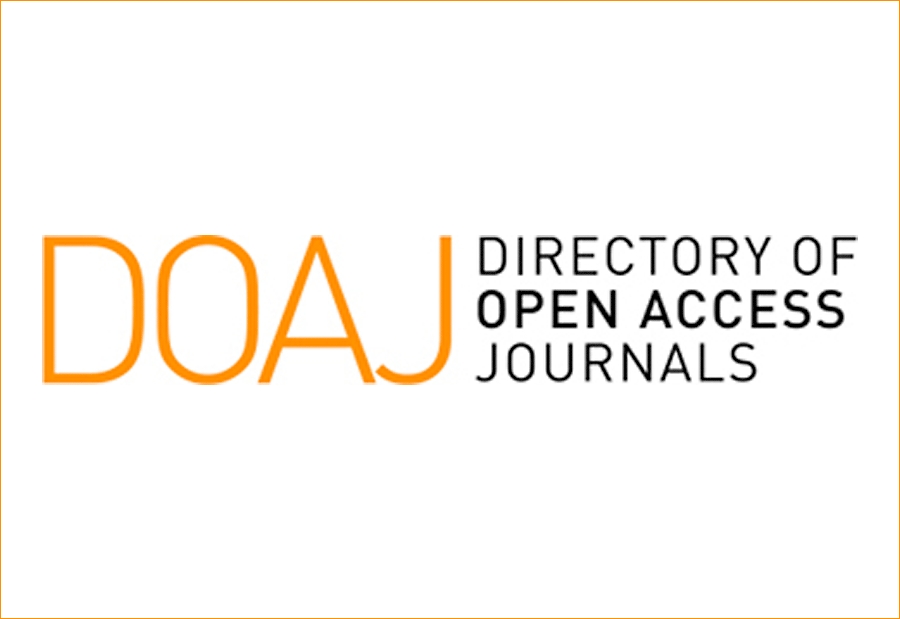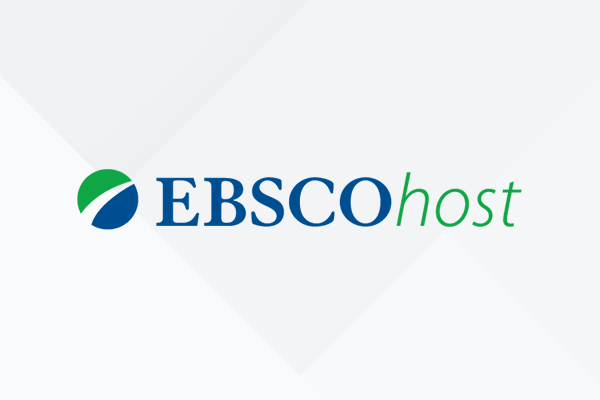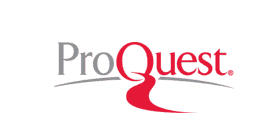BLENDED LEARNING METHODS FOR TEACHING „DESCRIPTIVE GEOMETRY AND TECHNICAL DRAWING”
Keywords:
graphical design, blended learning, peer review, collaborative project- based learning, summative evaluationAbstract
The paper provides an alternative to the traditional teaching method of a fundamental discipline which is “Descriptive Geometry and Technical Drawing”. Even though it brings no modification to the structural content, the teaching method was also adapted to online teaching with several adjustments taking advantage of the existence of open educational resources (OER), 3 D modelling software and using mixed teaching methods such as project based-learning and cooperative learning. It was concluded that by combining online educational materials with traditional place-based classrooms methods (blended learning) students gain autonomy and flexibility over their learning making the teaching process more efficient and accessible.
Downloads
References
Soykan, E., Bastas, M., & Çakici, A. (2023,
February). Digital transformation of education in the
COVID-19 process and its psychological effects on
children. In Frontiers in Education (Vol. 8, p. 1117458).
Frontiers.
Rasheed, R. A., Kamsin, A., & Abdullah, N. A.
(2020). Challenges in the online component of blended
learning: A systematic review. Computers & Education,
, 103701.
Porter, W. W., Graham, C. R., Bodily, R. G., &
Sandberg, D. S. (2016). A qualitative analysis of
institutional drivers and barriers to blended learning
adoption in higher education. The internet and Higher
education, 28, 17-27.
Garrison, D. R., & Kanuka, H. (2004). Blended
learning: Uncovering its transformative potential in
higher education. The internet and higher education,
(2), 95-105.
Asterhan, C. S., & Schwarz, B. B. (2016).
Argumentation for learning: Well-trodden paths and
unexplored territories. Educational Psychologist, 51(2),
-187.
Dillenbourg, P. (1999). What do you mean by
collaborative learning? Collaborative-learning: Cognitive
and Computational Approaches. Oxford: Elsevier, 1-19.
Gillies, R. M., & Boyle, M. (2008). Teachers’
discourse during cooperative learning and their
perceptions of this pedagogical practice. Teaching and
Teacher Education, 24(5), 1333-1348.
Laal, M., & Ghodsi, S. M. (2012). Benefits of
collaborative learning. Procedia-social and behavioural
sciences, 31, 486-490.
McGrath, D. (2004). Strengthening Collaborative
Work: Go beyond the Obvious with Tools for
Technology-Enhanced Collaboration. Project-Based
Learning. Learning & Leading with Technology, 31(5),
-33.
Saracaloglu, A. S., Akamca, G. Ö., & Yesildere, S.
(2006). Ilkögretimde Proje Tabanli Ögrenmenin YerI.
Türk Egitim Bilimleri Dergisi, 4(3), 241-260.
Buck Institute for Education. 2013. What is Project
Based Learning (PBL). http://bie.org/about/what_pbl
Ruikar, K., & Demian, P. (2013). Podcasting to
engage industry in project-based learning. The
International journal of engineering education, 29(6),
-1419.
Hassan, H., Martinez, D. J., Ivars, Á. F. P.,
Albaladejo, J., & Hernández, J. V. C. (2008). Integrated
multicourse project based learning in electronic
engineering. The International journal of engineering
education, 24(3), 581-591.
Fernandes, S., Mesquita, D., Flores, M. A., & Lima,
R. M. (2014). Engaging students in learning: findings
from a study of project-led education. European Journal
of Engineering Education, 39(1), 55-67.
Topping, K. J., Smith, E. F., Swanson, I., & Elliot,
A. (2000). Formative peer assessment of academic
writing between postgraduate students. Assessment &
evaluation in higher education, 25(2), 149-169.
Subheesh, N. P., & Sethy, S. S. (2020). Learning
through assessment and feedback practices: A critical
review of engineering education settings. EURASIA
Journal of Mathematics, Science and Technology
Education, 16(3), em1829
Downloads
Published
Issue
Section
License

This work is licensed under a Creative Commons Attribution-NonCommercial 4.0 International License.







